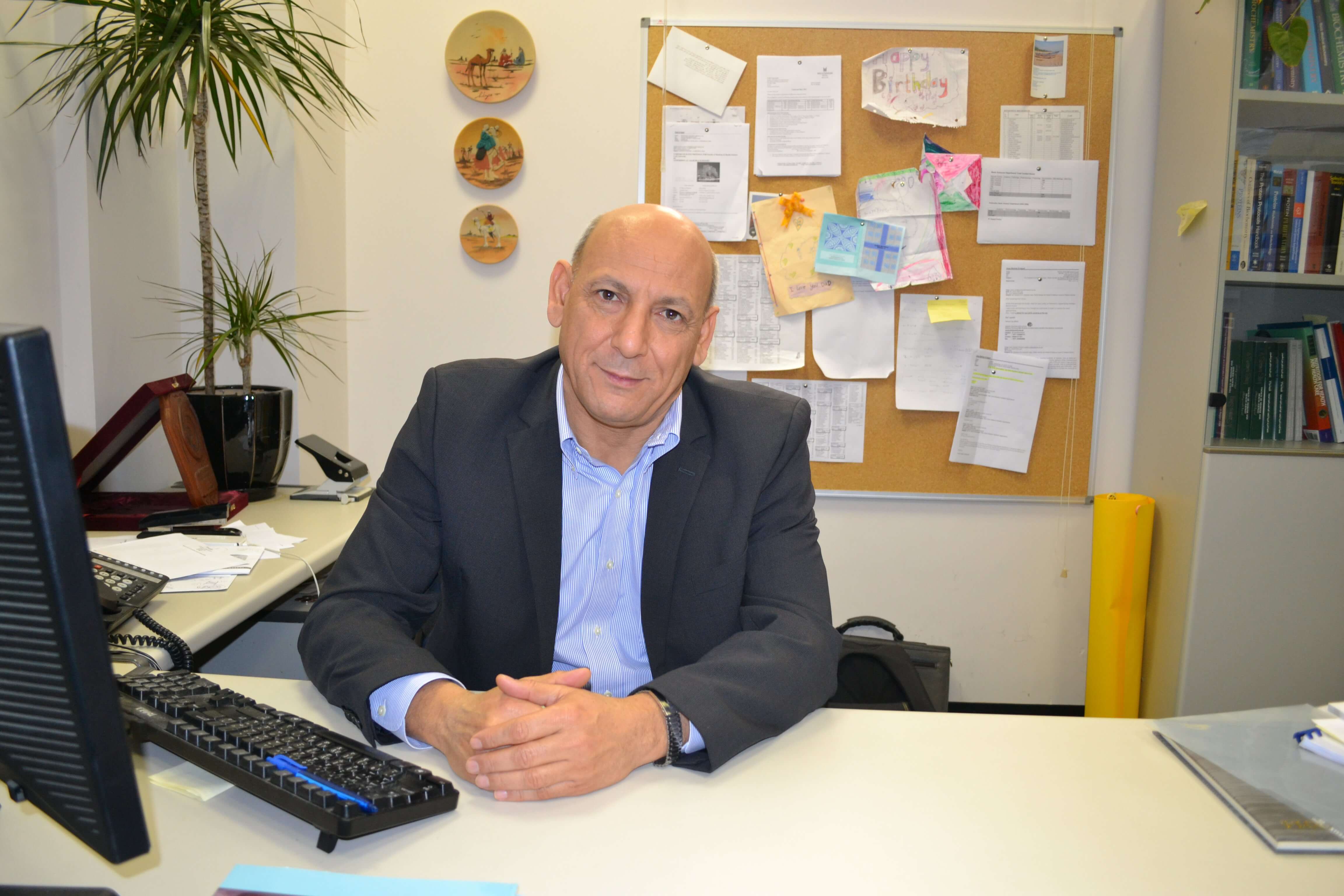
Important research into Parkinson’s disease being led by Dr. Omar El-Agnaf, Professor of Life Science at Hamad Bin Khalifa University (HBKU), a member of Qatar Foundation (QF), has been awarded a research grant from the New York-based Michael J. Fox Foundation for Parkinson’s Research (MJFF).
Dr. El-Agnaf will use biological samples and data from the Parkinson’s Progression Markers Initiative (PPMI), an MJFF-sponsored study that collects specimens from Parkinson’s patients and control volunteers to learn more about Parkinson’s disease. The HBKU study, carried out within purpose-built laboratories at the university in Qatar, will use spinal fluid samples from approximately 400 PPMI participants newly diagnosed with Parkinson’s disease and 200 control volunteers.
Funding for the one-year project will support extensive investigation that will build on Dr. El-Agnaf’s previous research into the behavior of a protein that was found to accumulate in a specific part of the brain in people with Parkinson’s disease. The detailed analysis of the PPMI samples being carried out at HBKU will specifically look at the presence of this protein in cerebrospinal fluid as a marker to not only confirm diagnosis of the disease, but also track its progression and to help in the search for more effective Parkinson’s disease treatments.
There are currently believed to be around 5 million people living with Parkinson’s worldwide, with no proven cure. A neurodegenerative disorder of the central nervous system, the disease affects the body’s motor system and causes the death of dopamine-generating cells in a region of the mid-brain. Most common in adults over the age of 60, symptoms include tremor, rigidity, slowness, as well as dementia and depression in more advanced stages.
Dr. El-Agnaf is considered a pioneer in the field of Parkinson’s disease and related disorders, with his research discoveries well known for providing incredible insight into the molecular pathogenesis of the disease. Shortly after completing his Ph.D. in Biochemistry at Queen’s University in Belfast, he was awarded a research fellowship from the Parkinson’s Disease Society-UK. Moving to the Gulf region in 2004, Dr. El-Agnaf continued his research into the disease. He joined Hamad Bin Khalifa University in 2014.
Dr. El-Agnaf commented: “As scientists who have been working on Parkinson’s for many years, my team is honored to receive the grant from MJFF and is very excited to be allowed access to PPMI’s precious samples.”
He continued: “All members of our research team are based in Qatar and all lab work will be conducted locally. At the culmination of our research, we plan to publish a report, which will be accessible to the Parkinson’s disease research community, as well as the public at large.”
Founded by actor Michael J. Fox, MJFF has been noted by the New York Times as “the most credible voice on Parkinson’s research in the world.” The foundation is dedicated to finding a cure for Parkinson's disease through an aggressively funded research agenda and the development of improved therapies for those living with Parkinson's today.
“As therapies that may slow or stop Parkinson’s progression move closer to clinic so grows the urgent need for measures of disease for early diagnosis and faster testing of potential treatments,” said Katie Kopil, Ph.D., Senior Associate Director of Research Programs at MJFF. “Dr. El-Agnaf’s research shows promise toward that goal of a biological marker of Parkinson’s disease, and we hope his analysis of PPMI samples will lead to greater insights.”
Dr. Khaled Ben Letaief, Provost of HBKU, commented: “One of HBKU’s main objectives is to produce globally recognized research impacting the development of the region. Research projects such as Dr. El-Agnaf’s place Qatar and HBKU on the map as an institution dedicated to conducting cutting-edge research, offering scholars access to leading scientists as well as incredible facilities and laboratories. I congratulate Dr. El-Agnaf and his team on receiving this recognition from an international foundation and look forward to following their progress.”





